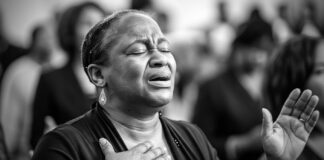Pretoria, 8 August 2025 – In a highly emotional and closely watched ruling, South Africa’s High Court (Gauteng Division, Pretoria) has ordered that the remains of Zambia’s former President, Edgar Lungu, be repatriated to Lusaka for a state funeral overriding his family’s wish for a private burial in South Africa.
The court affirmed that as a former head of state, Lungu merits a state funeral in his homeland under national protocol and public interest, even if this contradicts personal or family preferences.
Present in court were Lungu’s sister, Bertha Lungu, and Zambia’s Attorney General, Mulilo Kabesha. The latter expressed the government’s approval of the ruling, while Bertha was visibly tearful as the judgment was delivered.
Timeline of Key Events:
| Date | Event |
|---|---|
| 5 June 2025 | Edgar Lungu passes away during medical treatment in South Africa. |
| 25 June 2025 | Family’s private burial in Johannesburg halted by court order. |
| 20 June 2025 | Family announces burial in South Africa; first for a foreign head of state. |
| 8 August 2025 | High Court rules for repatriation and state burial in Lusaka |
Perspectives:
- Zambian Government: It welcomed the ruling as a rightful affirmation of state responsibility: “What makes sense is that the former president should be buried in his own country.” — Attorney General Mulilo Kabesha
- Family’s Position: The family had requested a private burial in South Africa “in accordance with [Lungu’s] wishes,” specifically desiring that President Hakainde Hichilema not be present. They have since applied for leave to appeal the ruling.
Reflection for the Faith Community
This court decision underscores the delicate balance between honoring personal wishes and fulfilling institutional or national duties. While family grief is deeply personal, the dignity owed to a national leader extends beyond individual preferences—highlighting the tension between private mourning and public respect.
As a gospel-driven community, this moment can prompt powerful reflection on themes like reconciliation, unity, and honoring legacy with dignity—especially when personal grief collides with public duty.



